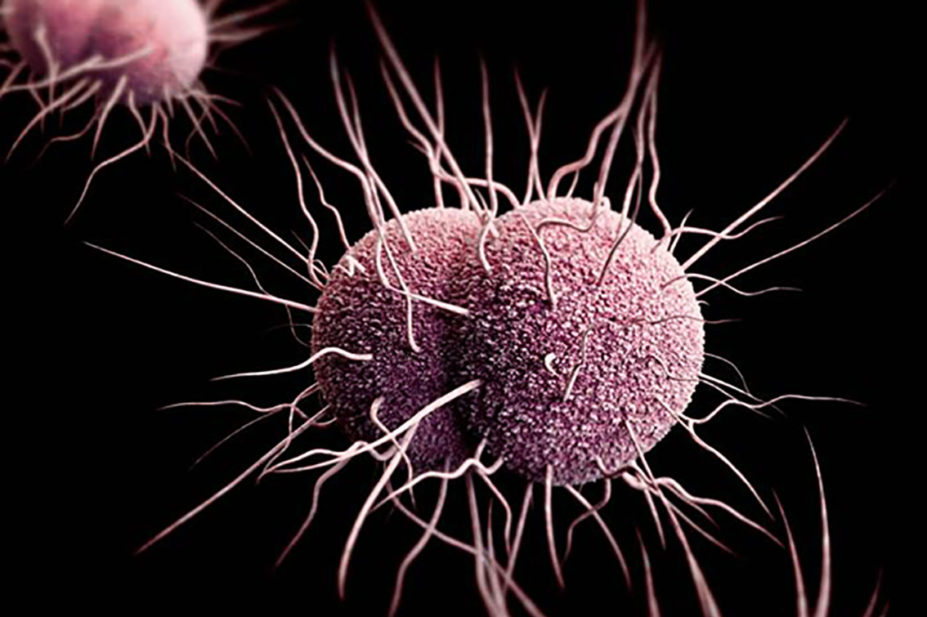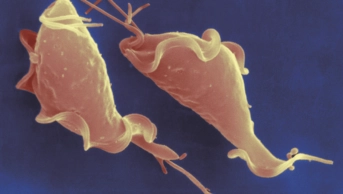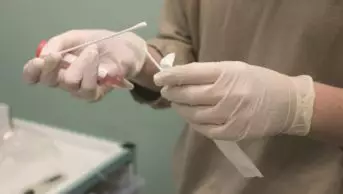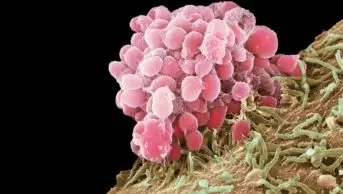
Centers for Disease Control and Prevention
A new class of antibiotic is effective against Neisseria gonorrhoeae, one of the leading antimicrobial resistance (AMR) threats worldwide, according to researchers from Imperial College London and the London School of Hygiene and Tropical Medicine[1]
.
Closthioamide was discovered in 2010 after it was isolated from the anaerobic bacterium, Clostridium cellulolyticum. The antibiotic has a high potency with multi-drug resistant bacteria, which is why it was chosen as a candidate for the study.
In the UK study, published in Antimicrobial Agents and Chemotherapy (online, 7 August 2017), closthioamide was tested against 149 clinical samples of gonorrhoea, as well as 8 N. gonorrhoeae isolates from the World Health Organization (WHO).
The researchers found that closthioamide inhibited the growth of 98% of the clinical gonococcal strains at just ≤0.125mg/L, suggesting a low therapeutic dose concentration that would reduce any potential toxicity. It was also found that the WHO isolates, which were known to be resistant to current first-line therapeutic agents, were susceptible to closthioamide, suggesting that the antibiotic could also be clinically effective against multi-drug resistant gonorrhoea.
Further studies to evaluate the clinical potential of the antibiotic are required in light of the public health threat posed by gonorrhoea, the researchers conclude.
“The imminent threat of untreatable antibiotic-resistant infectious diseases, including gonorrhoea, is a global problem, for which we urgently need new antibiotics,” said John Heap, lead author of the study from Imperial College’s department of life sciences.
“This new finding might help us take the lead in the arms race against antimicrobial resistance.”
However, he also said that it would be a number of years before the drug could potentially be used in real-life human cases.
“The next step will be to continue lab research to further assess the drug’s safety and effectiveness,” he said.
Since the discovery of penicillin, N. gonorrhoeae has developed resistance to every therapeutic antimicrobial agent used. The last reliable classes of antibiotics recommended for empirical treatment of N. gonorrhoeae infection are contained in a dual therapy for gonorrhoea, ceftriaxone and azithromycin, which was introduced in 2011.
References
[1] Miari V, Solanki P, Hleba Y et al. In vitro suspectibility to closthioamide among clinical and reference strains of Neisseria gonorrhoeae. Antimicrob agents chemother 2017. doi: 10.1128/AAC.00929-17


